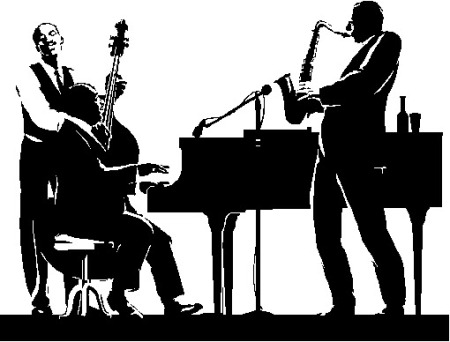Wondering how to write a murder mystery novel? Always dreamed of joining the ranks of Agatha Christie, Dorothy L. Sayers, John Grisham and Dennis Lehane? What does it take to write a murder mystery novel?
In a word, it takes work. Not just any kind of work, though. It takes smart work. Here’s what I mean:
1. You need a plan – What’s your murder mystery novel going to be about? Obviously, murder. But where will it take place? Who get’s murdered? Why?
2. You need strong characters – Who is your sleuth? Is it someone who your readers will care about? Why will they care about them? Your sleuth, or their companion, needs to be someone the reader can identify with. Sherlock Holmes was a larger than life character, but Dr. Watson was a relatively ordinary Joe, someone who was as bewildered as the audience until the final act. Holmes worked because we could watch him through the eyes of someone we could relate to. Is your sleuth a professional, or an ordinary person who stumbles across a foul deed they feel motivated to avenge? If they are not a professional, they need a motivation for getting involved, and there needs to be a reason they stay involved as their pursuit of the villain becomes more dangerous. It is a murderer they are chasing after all. Be careful not to spend all your time working on your hero, or protagonist. Your villain requires just as much thought, if not more so. What is it that drives a person to commit murder? What would drive YOU to commit murder? Are they just crazy, or is there something, some deep dark secret, that makes them feel that murder is justified? The best villains are those who are not simply evil personified. Your villain should have normal, redeeming, even sympathetic characteristics.
3. You need red herrings – False clues are what make a murder mystery novel run. If your hero simply uncovers accurate clue after accurate clue in a linear fashion, your readers will fall asleep before the victim’s body gets cold. You need to fashion reasonable dead ends and wild goose chases. In order to do that, you need to create more than one suspect. A cast of suspects, all of whom have varying degrees of motive to do away with the central victim, will provide ample opportunities to misdirect your audience and keep them guessing. And really, keeping the audience guessing is what compels them to turn to the next page. You can even use your victim to create red herrings. Maybe they were not all that they appeared to be to the outside world. Perhaps your sleuth can uncover hidden secrets about the victim that supply additional motivation for their untimely demise.
4. You need to be fair to your reader – Hidden among your carefully crafted red herrings need to be actual clues, things that could conceivably lead your reader to figure out the puzzle themselves if they only knew they were the right clues. Slamming your reader with a final revelation of the criminal based on facts they could not possibly have known will turn them off and make them feel like they just wasted the time they invested in your story. There needs to be a thin thread of foreshadowing within the narrative that leads logically to your sleuth’s successfully solving the mystery. Anything less will leave your readers feeling cheated.
Remember all the things you love about a good murder mystery novel . . . a terrible crime, the clues, the chase, bringing the criminal to justice . . . and you will succeed in crafting a story that your readers will love, too!
For an excellent resource to make writing your murder mystery novel easier, Click Here!












